Hypokalemia is a decrease in the expected concentration of potassium in the blood plasma. This is a common disorder. It most often occurs in people taking diuretics that cause potassium loss in the urine. The norm for potassium concentration in blood is between 3.5-5.2 mmol per liter.
The doctors distinguish hypokalemia:
Symptoms of a lack of potassium are primarily related to impaired functioning of the muscular, nervous, and kidney systems. Severe potassium deficiency in blood serum may even lead to death.
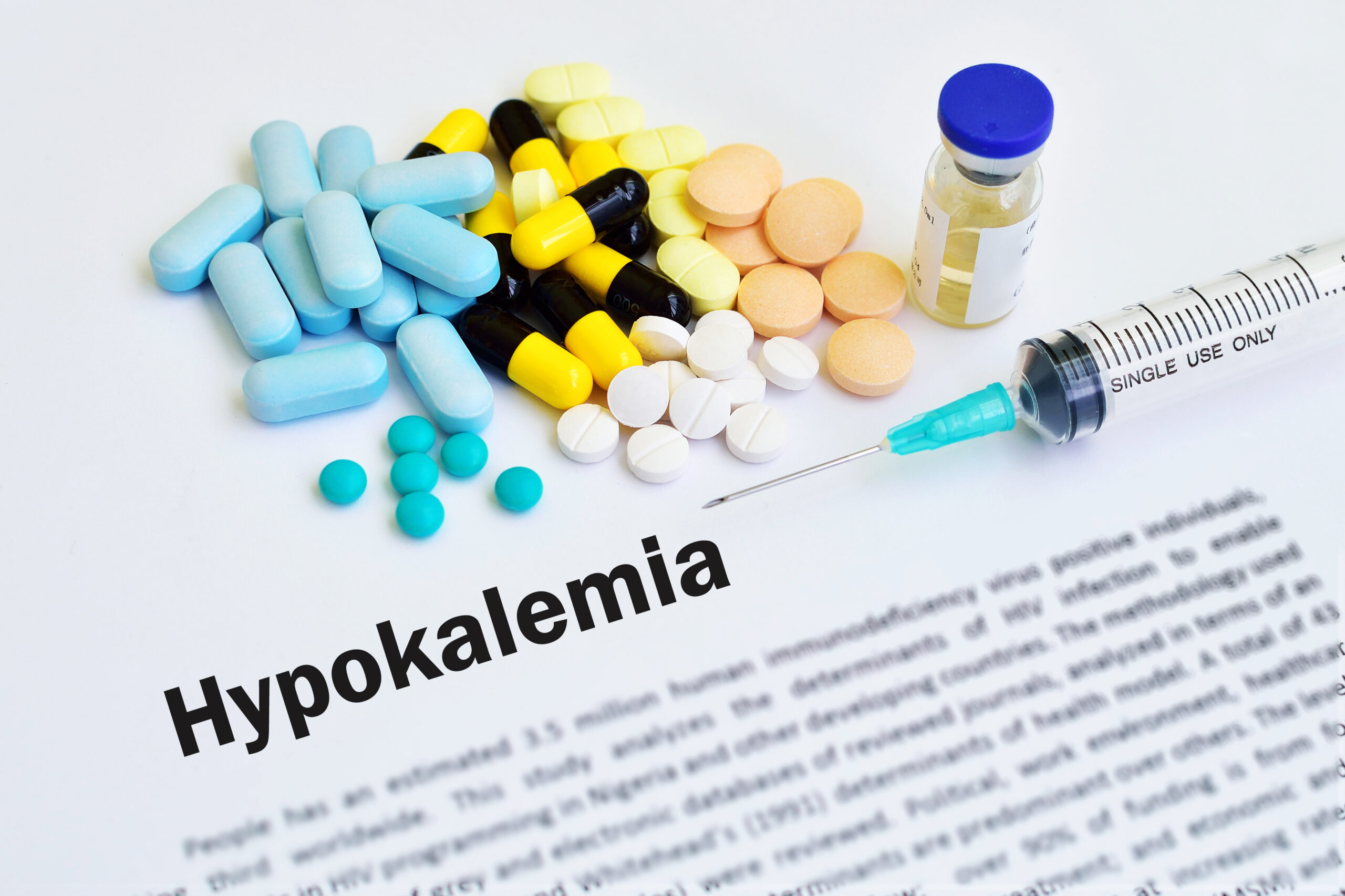
The human body consists mainly of water, an essential component of metabolic fluids. Adults' total body water volume is approximately 60% of body composition.
There is intracellular and extracellular fluid. Intracellular fluid (ICF) is the space inside the body's cells, accounting for approximately 40% of total body weight.
Extracellular fluid (ECF) consists of blood, lymph, cerebrospinal fluid, and the fluid between body cells.
Potassium is an electrolyte that is found most abundantly in the intracellular fluid![]() . This affects the amount of water contained in the cell – water moves from a place with a lower concentration of electrolytes to a place with more of it. For this reason, maintaining the correct electrolyte balance is crucial for cells to function properly.
. This affects the amount of water contained in the cell – water moves from a place with a lower concentration of electrolytes to a place with more of it. For this reason, maintaining the correct electrolyte balance is crucial for cells to function properly.
The nervous system plays a crucial role in facilitating communication between the brain and the rest of the body. It sends out impulses that regulate important bodily functions such as muscle contractions and heartbeat. Nerve impulses occur when sodium ions flow into the nerve cell, and potassium ions flow out. Therefore, when the potassium concentration is abnormal, it disrupts the process of generating nerve impulses and, thus, the communication between the brain and the rest of the body.
Nerve impulses generate muscle and heart contractions. Potassium plays a vital role in impulse formation. The flow of potassium ions out of the cell and sodium ions into it generates a nerve impulse, which in turn stimulates the contraction of the muscle fiber.
When the electrolyte balance in the body is disturbed, for example, due to too little potassium, the mechanism of contraction is impaired, which can cause problems such as muscle weakness, muscle breakdown (rhabdomyolysis), impaired smooth muscle contraction, or impaired heart muscle function (arrhythmias).
The amount of potassium you should consume each day varies depending on your age. According to the National Academies of Sciences, Engineering, and Medicine (NASEM)![]() , daily intakes of potassium should be:
, daily intakes of potassium should be:
| Recommended Intake of Potassium (milligrams) | |
| Children from birth to 6 months | 400 mg |
| Children 7-12 months | 860 mg |
| Children 1-3 years | 2000 mg |
| Children 4-8 years | 2300 mg |
| Girls 9-13 years | 2300 mg |
| Boys 9-13 years | 2500 mg |
| Girls 14-18 years | 2300 mg |
| Boys 14-18 years | 3000 mg |
| Women 19-50 years | 2600 mg |
| Men 19-50 years | 3400 mg |
| Women over 51 years | 2600 mg |
| Men over 51 years | 3400 mg |
| Pregnant women | 2900 mg |
| Lactating women | 2800 mg |
Getting enough potassium in your diet is important, and fortunately, it can be easily obtained from a balanced and diverse range of foods. When you consume food, your body absorbs around 90%![]() of the potassium present. Potassium is naturally found in many different products, providing you with various options to choose from.
of the potassium present. Potassium is naturally found in many different products, providing you with various options to choose from.
For adults in the United States, some of the main sources of potassium are milk, coffee, tea, potatoes, and non-alcoholic beverages. On the other hand, children can obtain their potassium intake from milk, fruit, fruit juices, and potatoes. So, whether you're an adult or a child, there are plenty of options available to ensure you meet your daily potassium needs.
Here are the food sources of potassium and their potassium content:
| Food | Milligrams of Potassium |
| Dried apricots (half cup) | 755 mg |
| Lentils (1 cup) | 731 mg |
| Potato | 610 mg |
| Orange juice (1 cup) | 496 mg |
| Banana | 422 mg |
| Milk 1% (1 cup) | 366 mg |
| Spinach (2 cups) | 334 mg |
| Chicken breast | 332 mg |
| Salmon | 326 mg |
| Tomato | 292 mg |
| Soymilk (1 cup) | 287 mg |
| Broccoli (half cup) | 229 mg |
| Apple | 195 mg |
| Cashew nuts (1 ounce) | 187 mg |
| Coffee (1 cup) | 116 mg |
| Lettuce (1 cup) | 102 mg |
| Tea (1 cup) | 88 mg |

There are three main mechanisms leading to reduced potassium content in the blood:
Many various conditions and some medications may cause hypokalemia using one of these mechanisms.
The most common cause of hypokalemia is the loss of potassium from the body.
This situation may occur as a result of water loss from our bodies. Severe vomiting and diarrhea resulting from food poisoning or gastrointestinal infection are associated with dehydration and the loss of potassium, sodium, and chloride ions. Symptoms may appear after only a few days of these symptoms. Particular attention should be paid to children, who may develop electrolyte disturbances faster than adults, and the symptoms are usually more severe.
Medications that promote hypokalemia include loop and thiazide diuretics (water pills). They are used to treat hypertension or edema in the course of diseases such as congestive heart failure, liver cirrhosis, and renal dysfunction. These substances cause water to be removed from the body in the urine, promoting the loss of ions – especially potassium.
Laxatives are a group of drugs that can cause hypokalemia by eliminating potassium![]() through the digestive tract. An overdose of laxatives can lead to diarrhea and a significant loss of fluids and electrolytes, further exacerbating the deficiency.
through the digestive tract. An overdose of laxatives can lead to diarrhea and a significant loss of fluids and electrolytes, further exacerbating the deficiency.
Another category of drugs that can lower blood potassium levels is corticosteroids, which are frequently prescribed for respiratory conditions like asthma. It is important to be aware of the potential impact these medications can have on potassium levels and to monitor them closely.
Also, some drugs used in the treatment of severe fungal infections and some cancers lower potassium levels due to their toxic impact on the kidneys.
The last two groups of drugs that are very often used by patients and whose effect, apart from the therapeutic effect, can cause the inflow of potassium ions into the body's cells and thus reduce the level of potassium in the blood are drugs used in patients with asthma and insulin taken by patients with diabetes.
Endocrine diseases causing hypokalemia include Conn's syndrome, a condition in which the hormone aldosterone is made in excess. Aldosterone is a hormone made in the adrenal glands – small organs above the kidneys. It is responsible for the reabsorption of sodium ions in the kidneys and the excretion of potassium ions. Too much potassium is excreted in the urine when this hormone is produced excessively.
Some rare neuroendocrine tumors secrete large amounts of the hormone, causing profuse diarrhea. Symptoms of this disease include extreme dehydration, hypokalemia, metabolic acidosis, and cardiac arrhythmias.
Some people have higher chances of having hypokalemia. The risk factors include:
Symptoms of hypokalemia depend on the degree of deficiency of this ion. Mild hypokalemia usually does not cause any symptoms. Symptoms appear when blood potassium levels drop below three mmol/L![]() (or higher if a rapid fall occurs). The general symptoms include muscle weakness, polyuria (excessive peeing), and increased thirst.
(or higher if a rapid fall occurs). The general symptoms include muscle weakness, polyuria (excessive peeing), and increased thirst.
Many symptoms result from smooth muscle paralysis. For example, paralysis of the bladder muscles will lead to urinary retention, and the intestinal muscles will cause constipation, leading to vomiting or nausea. Painful muscle cramps![]() in the arms and legs may also occur. Neurological disorders may manifest as sensory disturbances (e.g., tingling in the hands, feet, face).
in the arms and legs may also occur. Neurological disorders may manifest as sensory disturbances (e.g., tingling in the hands, feet, face).

Heart rhythm disturbances are a severe and dangerous consequence of hypokalemia. Extra beats or tachycardias are felt as palpitations. There may also appear so-called heart blocks![]() . These are conditions where the time between individual heart contractions becomes dangerously long.
. These are conditions where the time between individual heart contractions becomes dangerously long.
The most severe and life-threatening condition in the case of hypokalemia is ventricular fibrillation. When this condition occurs, the heart's ventricles begin to work at a rapid and irregular pace, which hinders the efficient pumping of blood from the heart into the aorta and, consequently, the proper circulation of blood throughout the body. In such instances, CPR and defibrillation are necessary.
The cause of death in patients with severe hypokalemia may also be rhabdomyolysis![]() , i.e., the breakdown of muscle tissue. When muscles break down, they release muscle-building blocks that get deposited in the kidneys. This leads to kidney failure. This is a disease that is completely reversible if detected early enough.
, i.e., the breakdown of muscle tissue. When muscles break down, they release muscle-building blocks that get deposited in the kidneys. This leads to kidney failure. This is a disease that is completely reversible if detected early enough.
Symptoms of hypokalemia disappear after correcting electrolyte disturbances.
Hypokalemia is diagnosed through a blood test. Normal potassium levels are within the 3,5 – 5,2 mmol/L range. Any results below 3,5 mmol/L are considered hypokalemia, but doctors differentiate between:
Aldosterone, a hormone produced by the adrenal glands, helps regulate blood pressure by increasing the release of potassium in urine and retaining sodium in the kidneys. This leads to a decrease in water loss through the kidneys and ultimately increases blood volume. The higher your aldosterone![]() levels, the more potassium you will lose with urine. Abnormally high aldosterone can cause hypokalemia.
levels, the more potassium you will lose with urine. Abnormally high aldosterone can cause hypokalemia.
Your kidneys produce renin to raise blood pressure. It increases hormone (called angiotensin) levels in your bloodstream. This hormone’s role is to cause vasoconstriction and activate your adrenal glands to release more aldosterone, which in abundance can cause hypokalemia.
Hypokalemia can cause abnormalities in your heart rhythm. ECG will pick up those abnormalities and help your doctor during the diagnostic process.
If your doctor confirms hypokalemia, they may order a urine test called a urinalysis. This test can show if there is increased potassium in your pee and help determine the cause of hypokalemia.
In hypokalemia treatment, the cause of low potassium levels in the body must be removed, potassium levels must be normalized, and other frequently accompanying water and electrolyte disorders, e.g., metabolic acidosis, must be corrected.
We can compensate for mild hypokalemia by consuming potassium-rich products (bananas, fruit juices). Compensating for significant deficiencies may require the administration of oral preparations, usually in the form of potassium chloride![]() .
.
Severe hypokalemia associated with cardiac dysfunction is an indication for intravenous potassium administration in the form of a drip, with simultaneous monitoring of potassium levels in the blood. This is to avoid drug overdose and hyperkalemia.
Treatment of hypokalemia must be carried out under the supervision of a doctor because it is easy to overdose on preparations and cause many side effects.
If, after treatment, the cause of hypokalemia still exists (the patient is still taking diuretics or the disease that causes hypokalemia has not been cured), potassium levels in the blood should be monitored at intervals specified by the doctor to detect potassium deficiency early and start treatment.
To prevent potassium deficiency, you should eat a varied and well-balanced diet. You should include in your diet products such as:
In patients who are prone to hypokalemia, such as those taking diuretics, it is important to ensure an adequate intake of potassium. This is especially true for individuals taking high doses of diuretics.
When the potassium demand is lower, it is possible to meet the need by consuming potassium-rich foods regularly. However, when the requirement for potassium is higher, potassium tablets are often necessary and should be taken as prescribed by a doctor. It is crucial to regularly monitor the potassium levels in the blood to ensure proper management of hypokalemia.
Another approach to prevent hypokalemia is to adjust the treatment plan by including a diuretic that inhibits the excretion of potassium in the urine. In this case, it is also important to regularly monitor the blood potassium concentration to ensure optimal outcomes.
Severe hypokalemia symptoms are extremely serious and require immediate medical attention. If you notice heart palpitations, excessive urine production, excessive thirst, or severe muscle weakness, it is essential to seek emergency medical help right away. Remember, in situations like these, calling an ambulance is the best course of action.
Early symptoms of hypokalemia in a person who is very likely to have potassium deficiency (because they are taking diuretics, suffer from diarrhea, or are vomiting) indicate seeing a primary care physician to have the electrolyte concentration in the blood checked.
You should not take potassium supplements yourself, as many other reasons may cause the symptoms you experience, and by taking potassium on your own, you may increase your potassium concentration dangerously.
Table of Contents
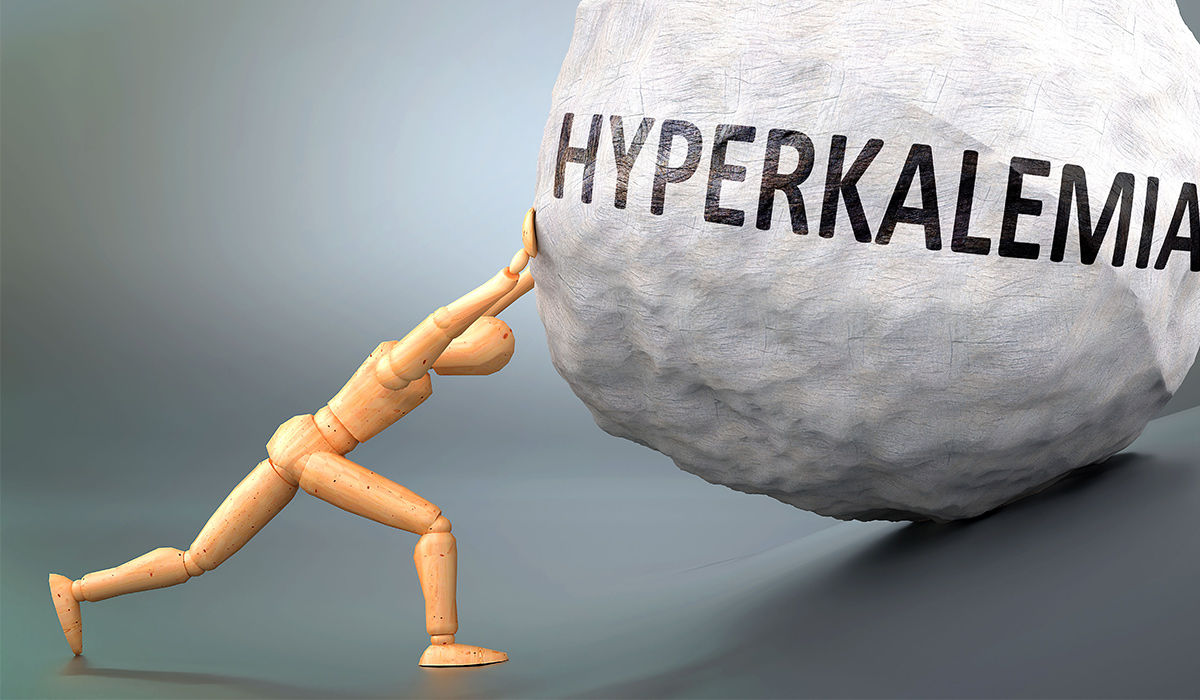
Can eating bananas be dangerous for some people? Who is more susceptible to hyperkalemia? read more »

Electrolytes are salt ions necessary for good health. The proper functioning of the whole organism depends on their proper level.… read more »
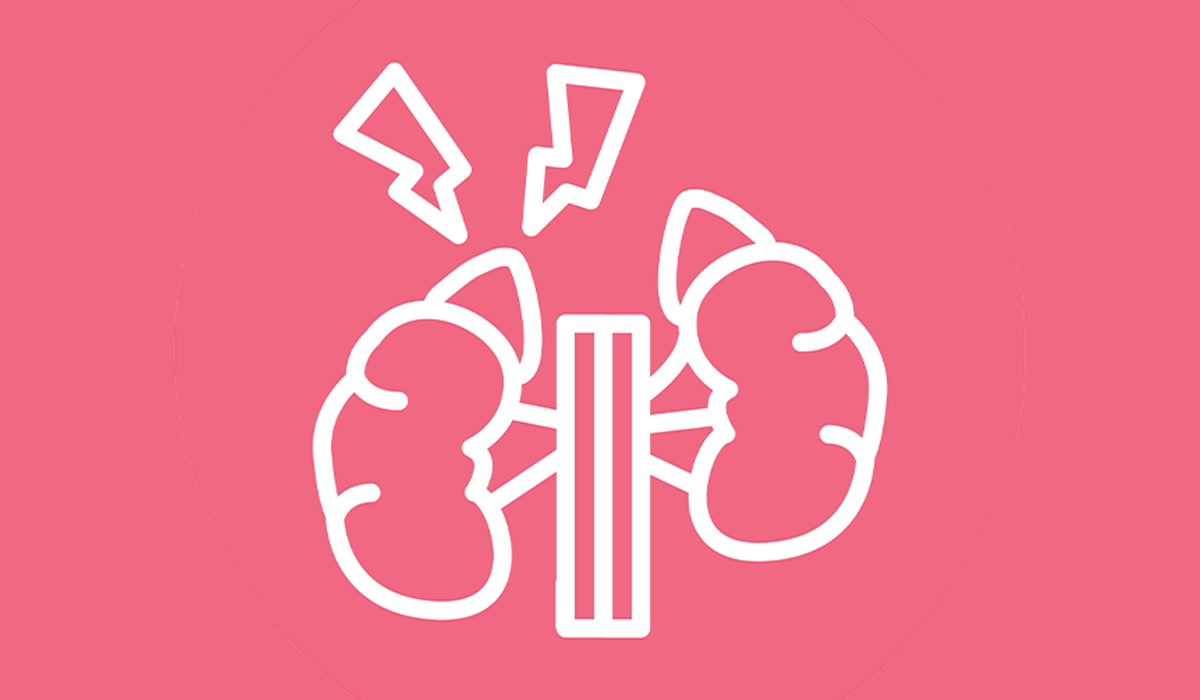
Addison's disease is a condition caused by a long-term deficiency of adrenal cortical hormones. The disease can be dangerous. Find… read more »
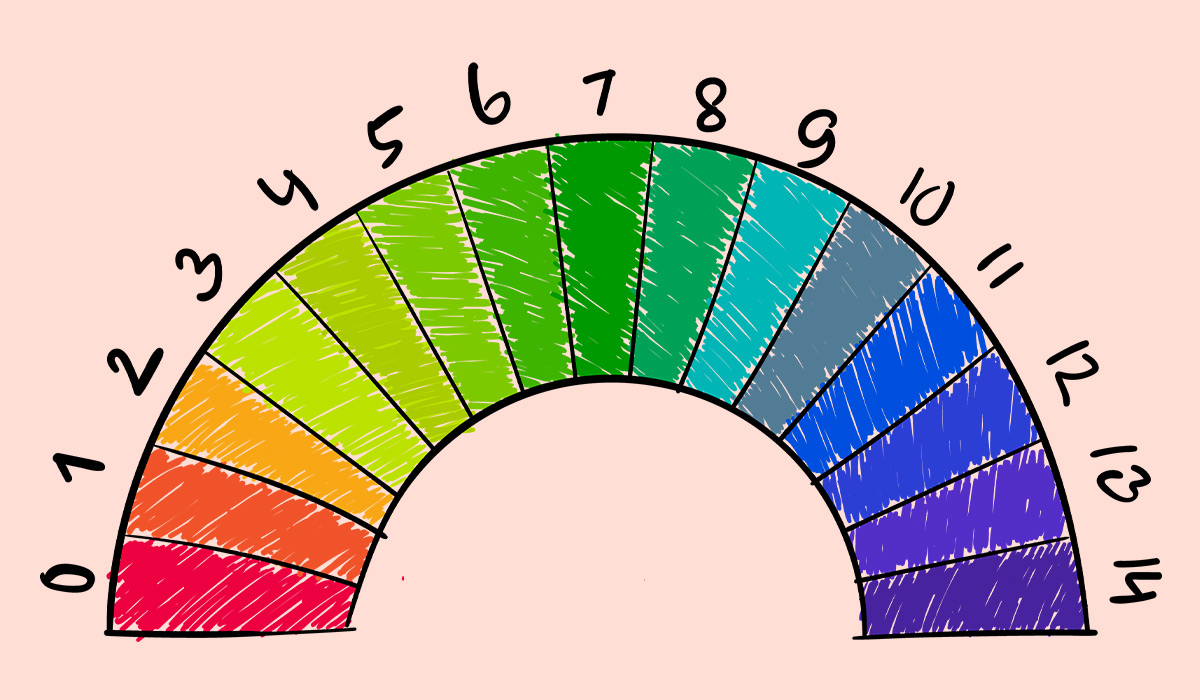
PH balance refers to the level of acidity or alkalinity in a substance, which is measured on a scale from… read more »

Whether a person is affected by diverticulosis or diverticulitis depends if diverticula – small pouches in the lining of the… read more »
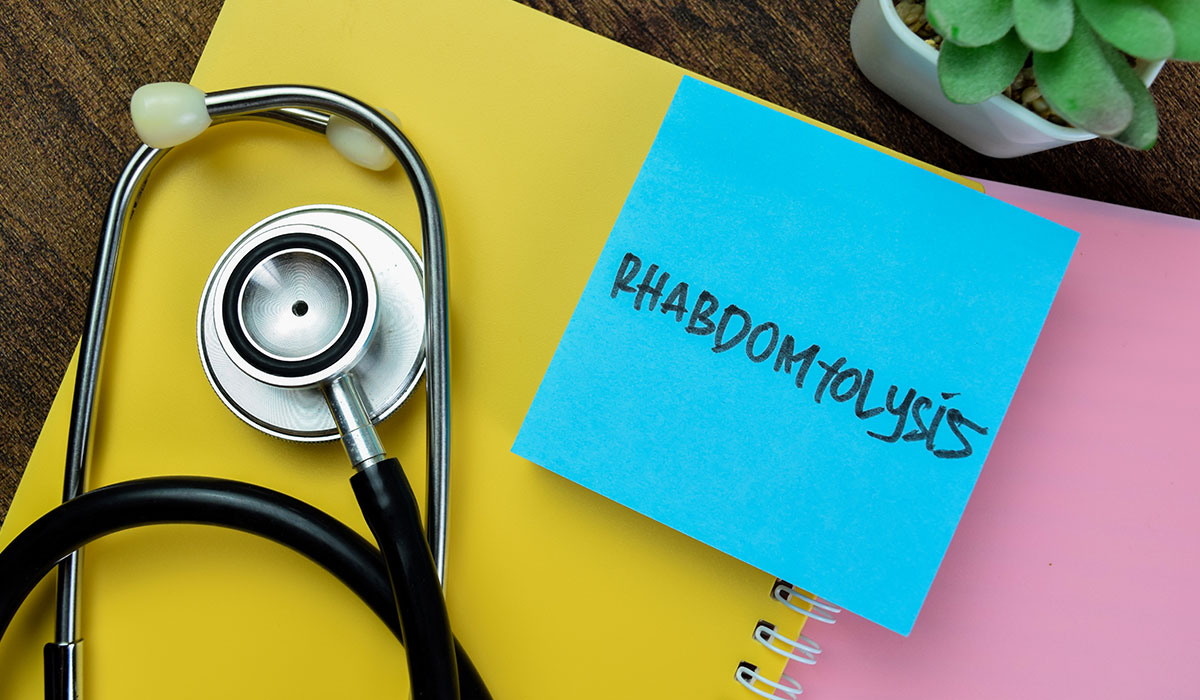
Rhabdomyolysis is a disease in which skeletal muscle breakdown occurs, which is dangerous in its consequences. Learn about the causes… read more »
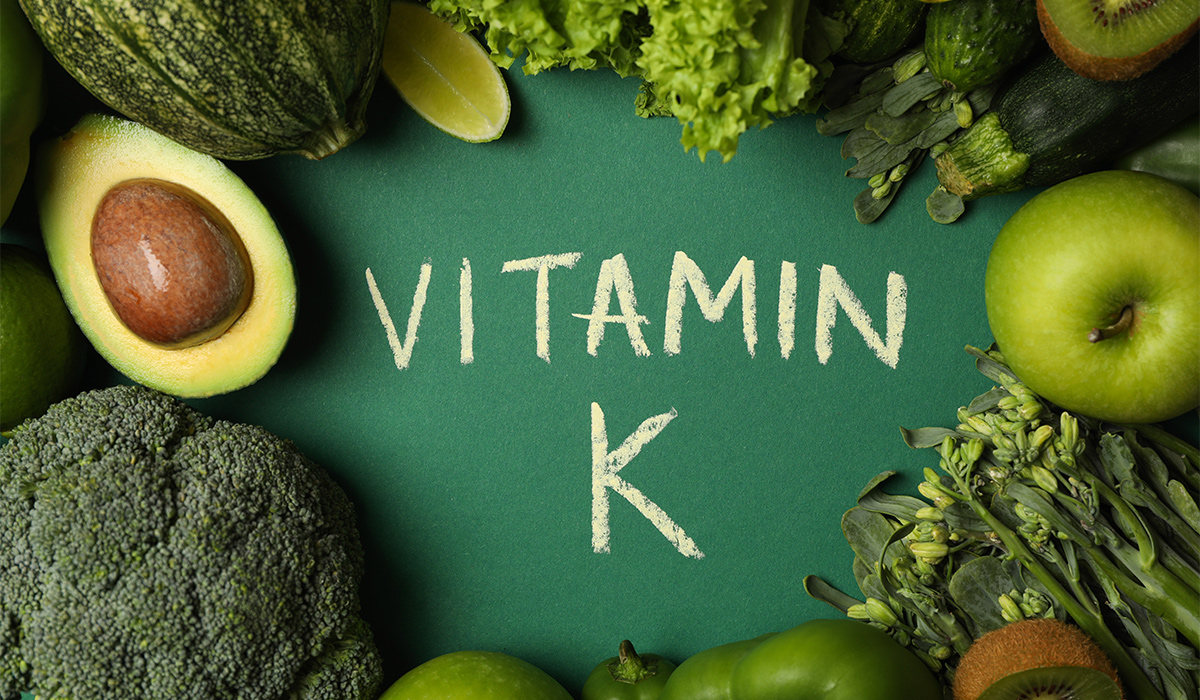
Vitamin K is a group of fat-soluble vitamins responsible for bone metabolism, blood clotting, and proper calcium levels. It is… read more »
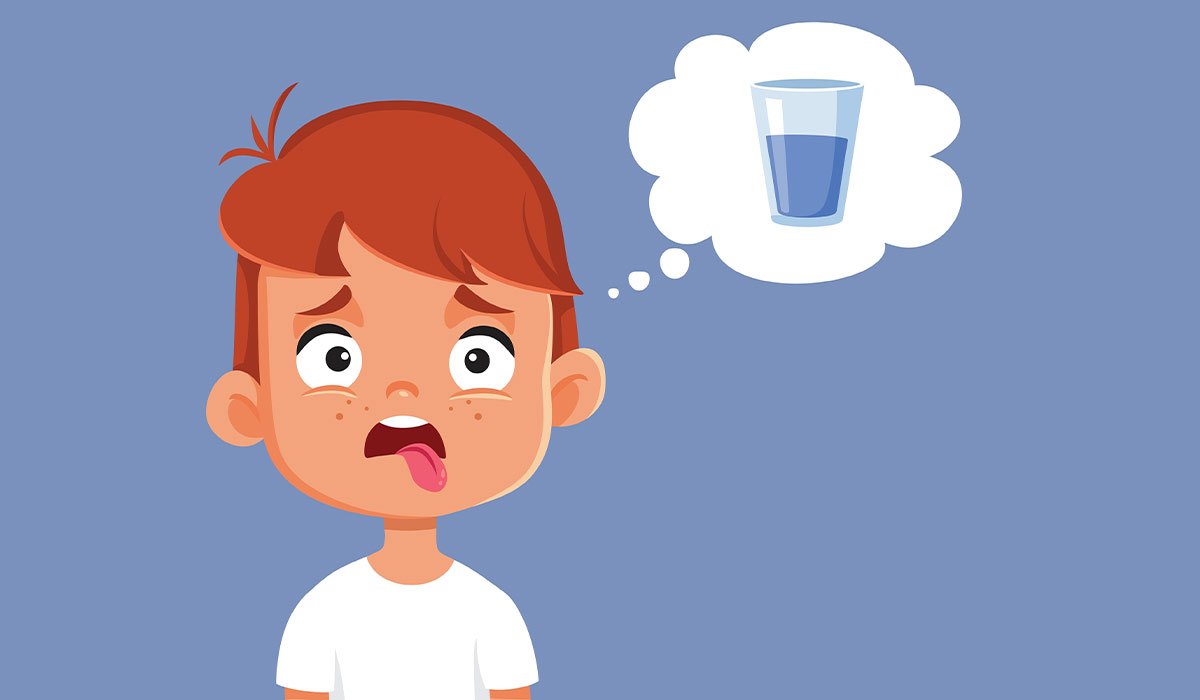
Dehydration can cause many negative health effects. It is a common problem in children and seniors. Learn how to recognize… read more »
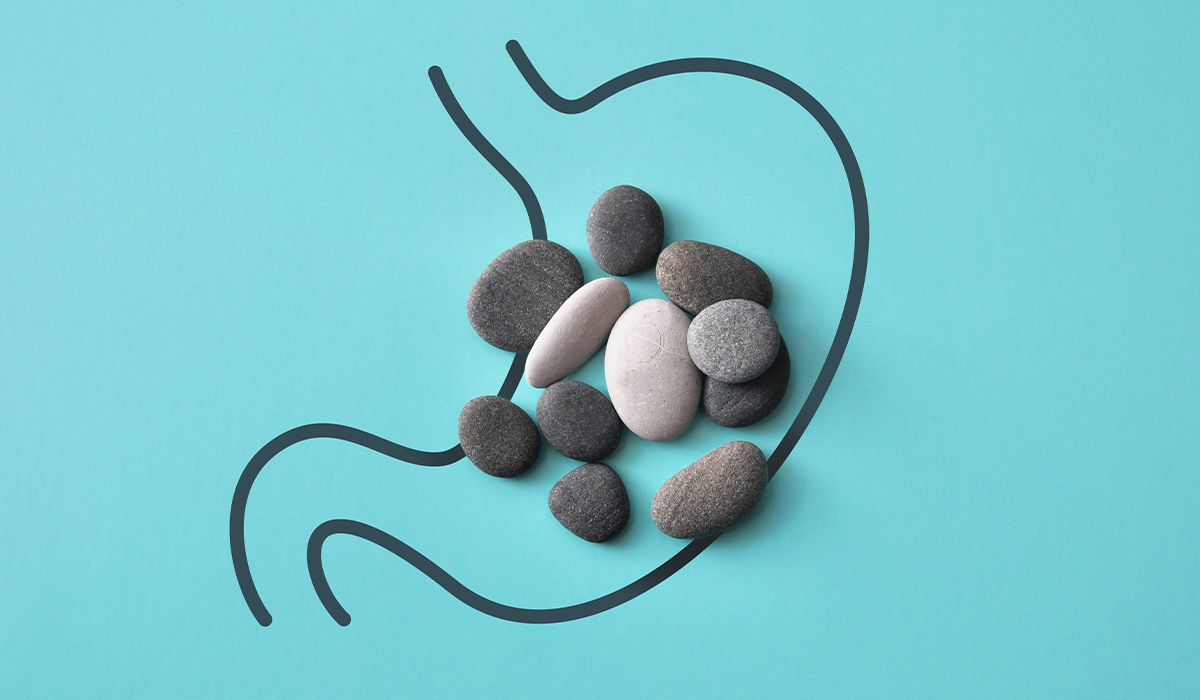
Kidney stones can form for a variety of reasons. Learn about factors that increase the risk of kidney stones. See… read more »